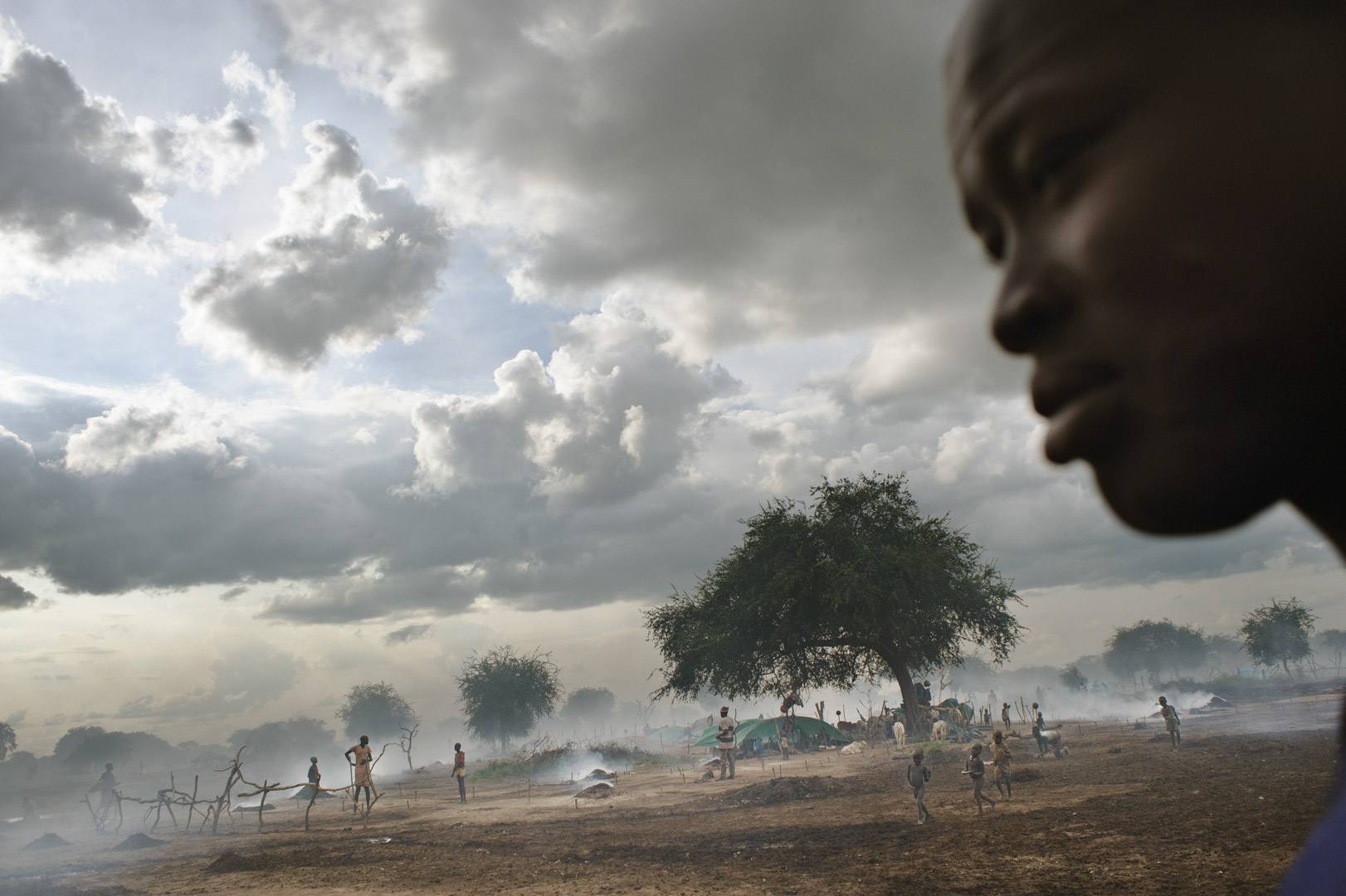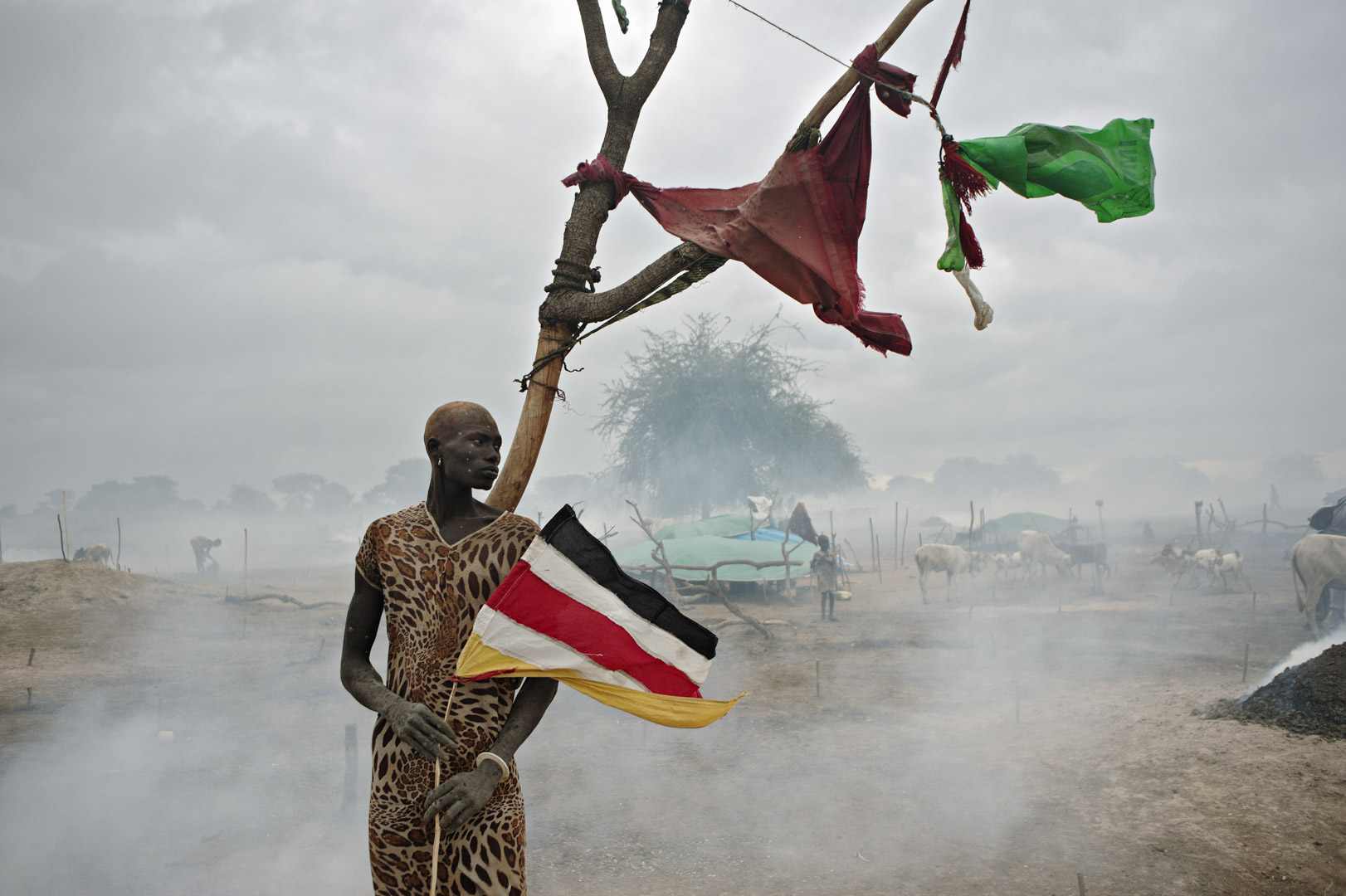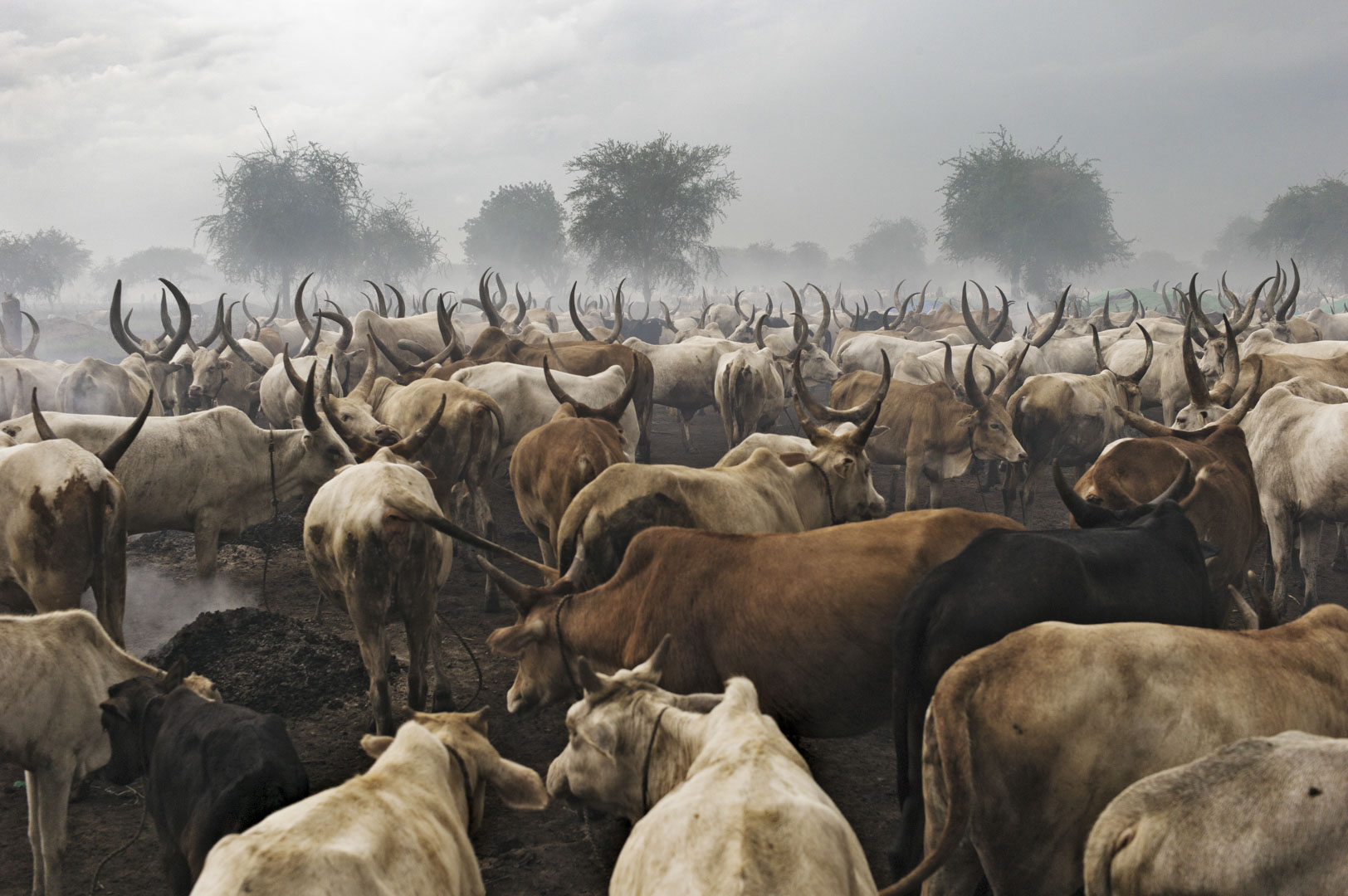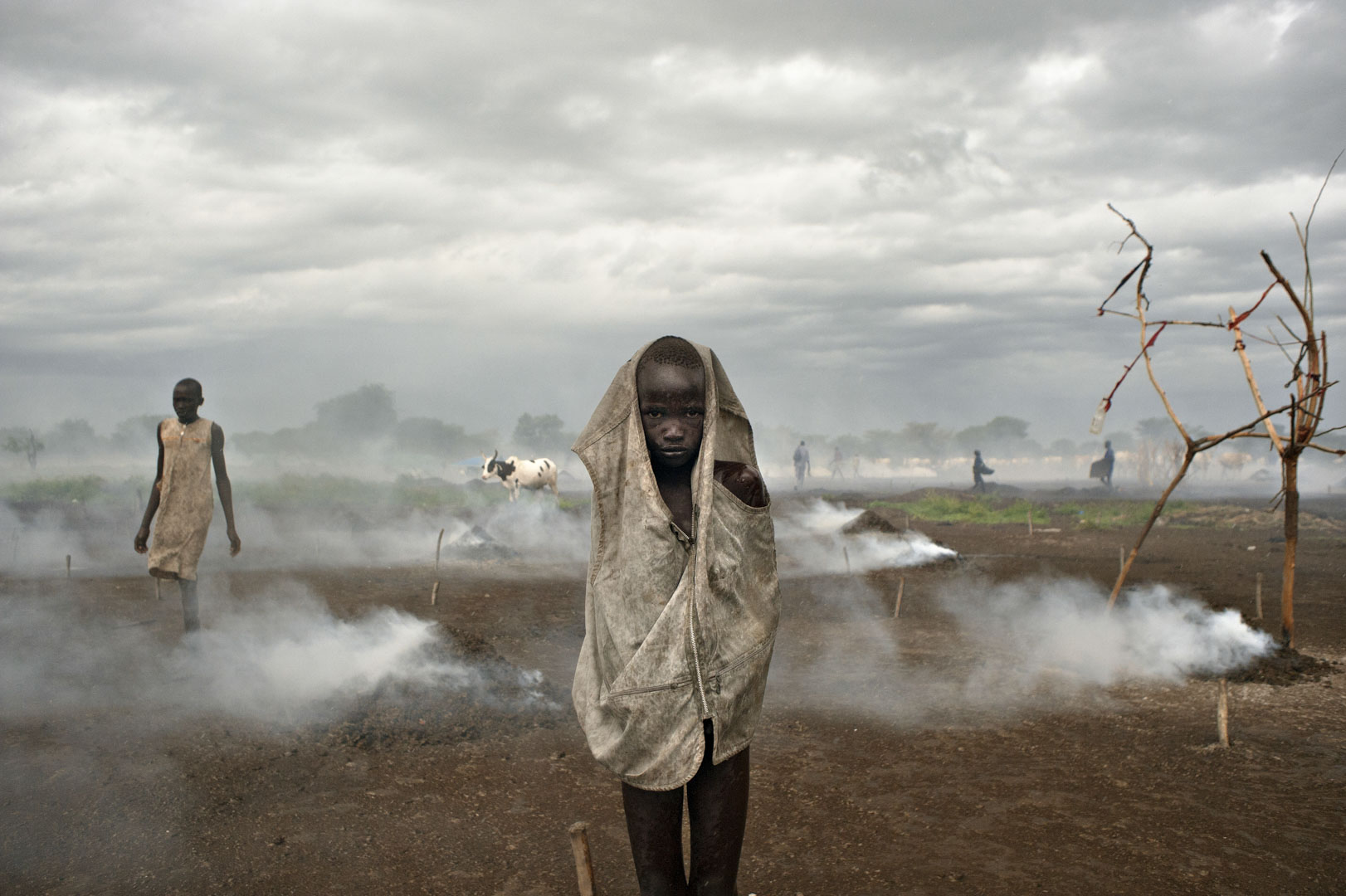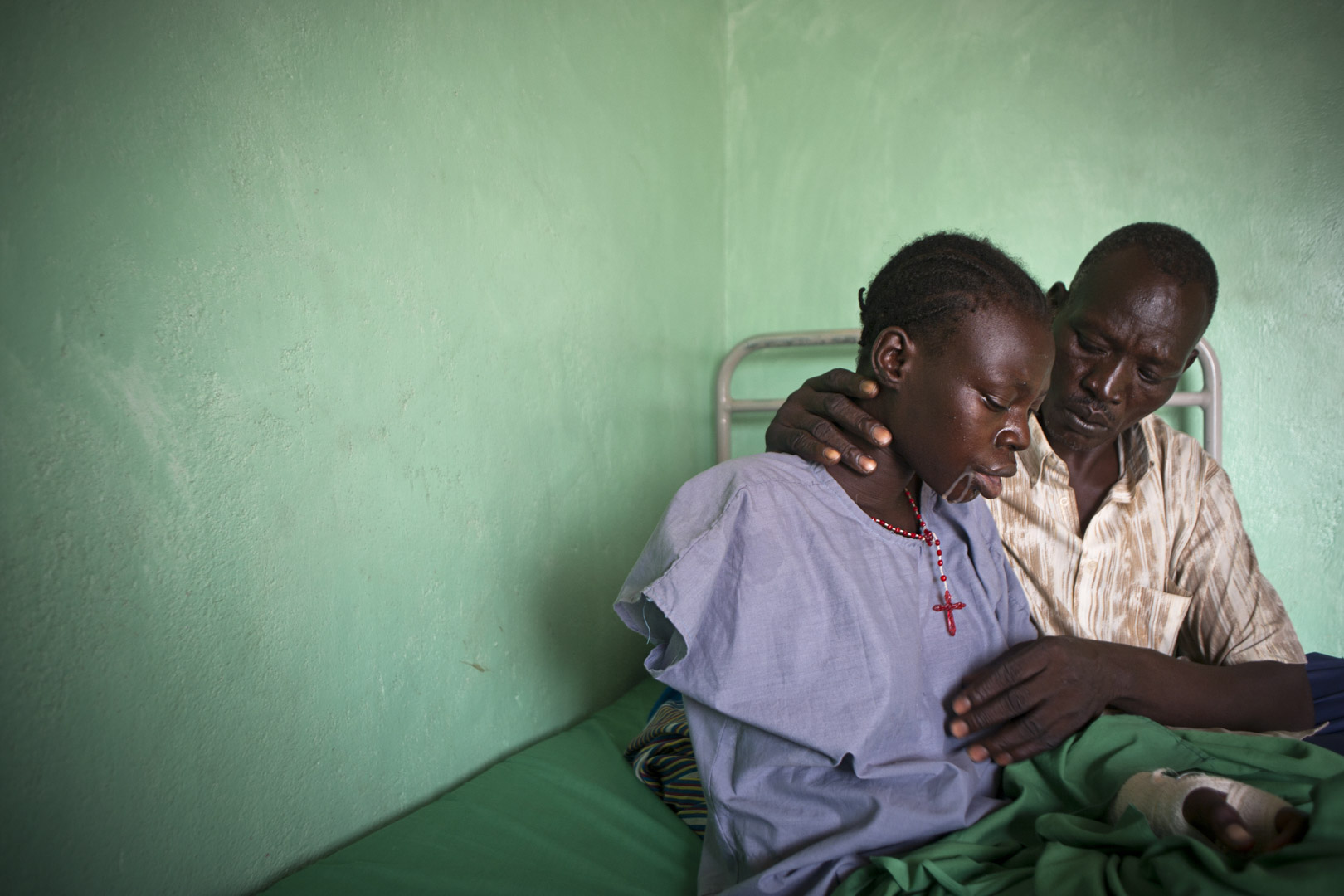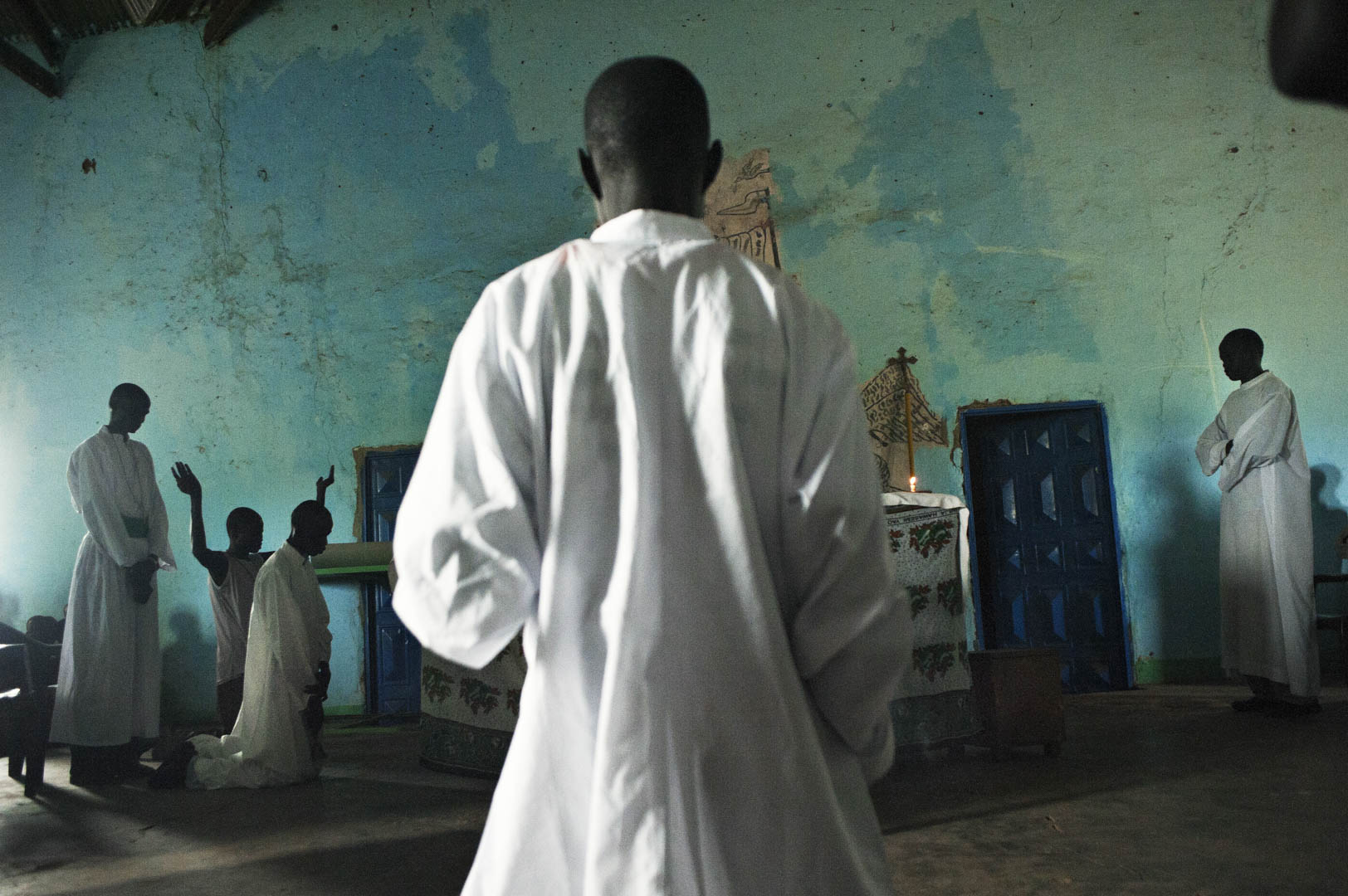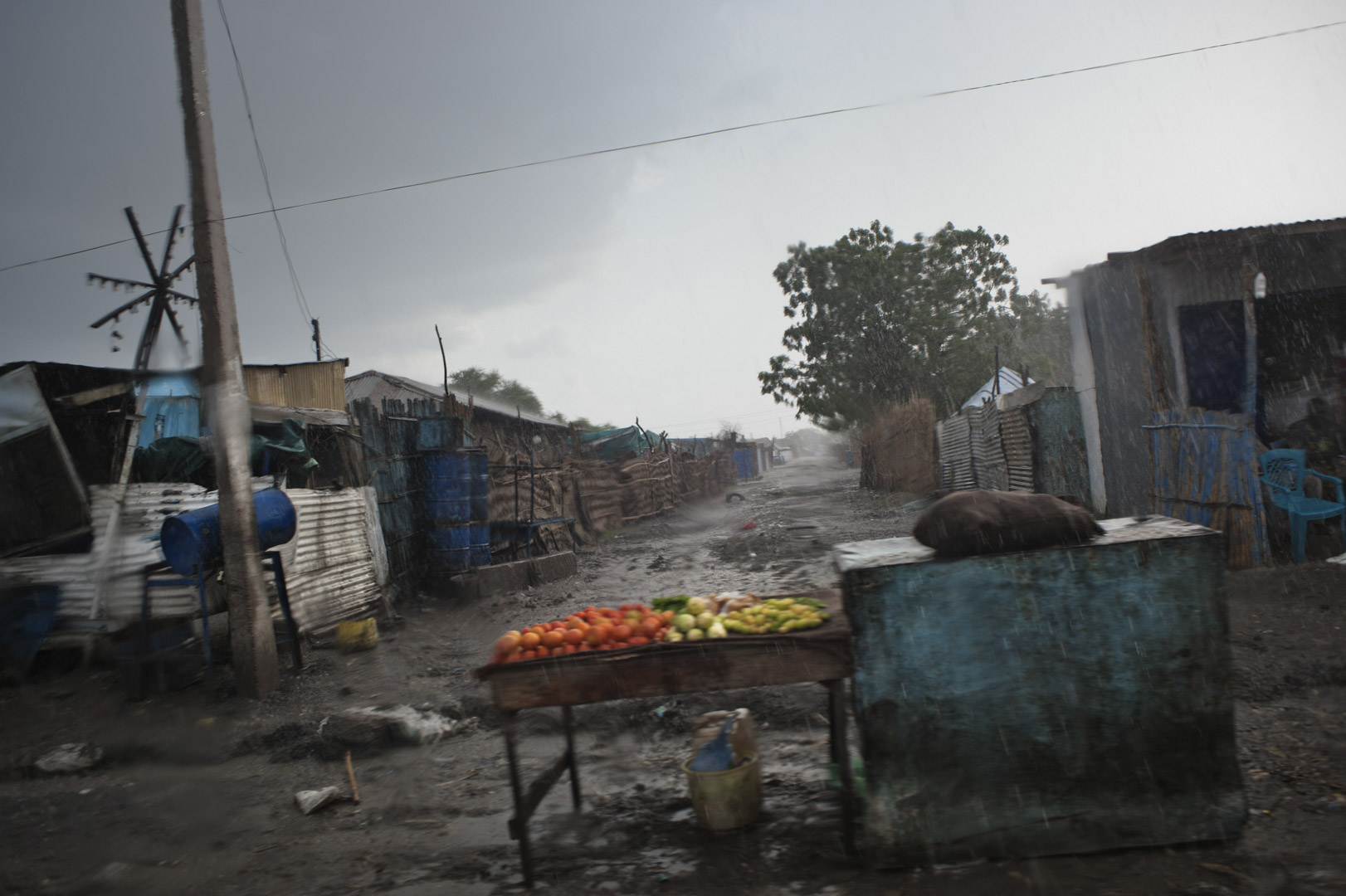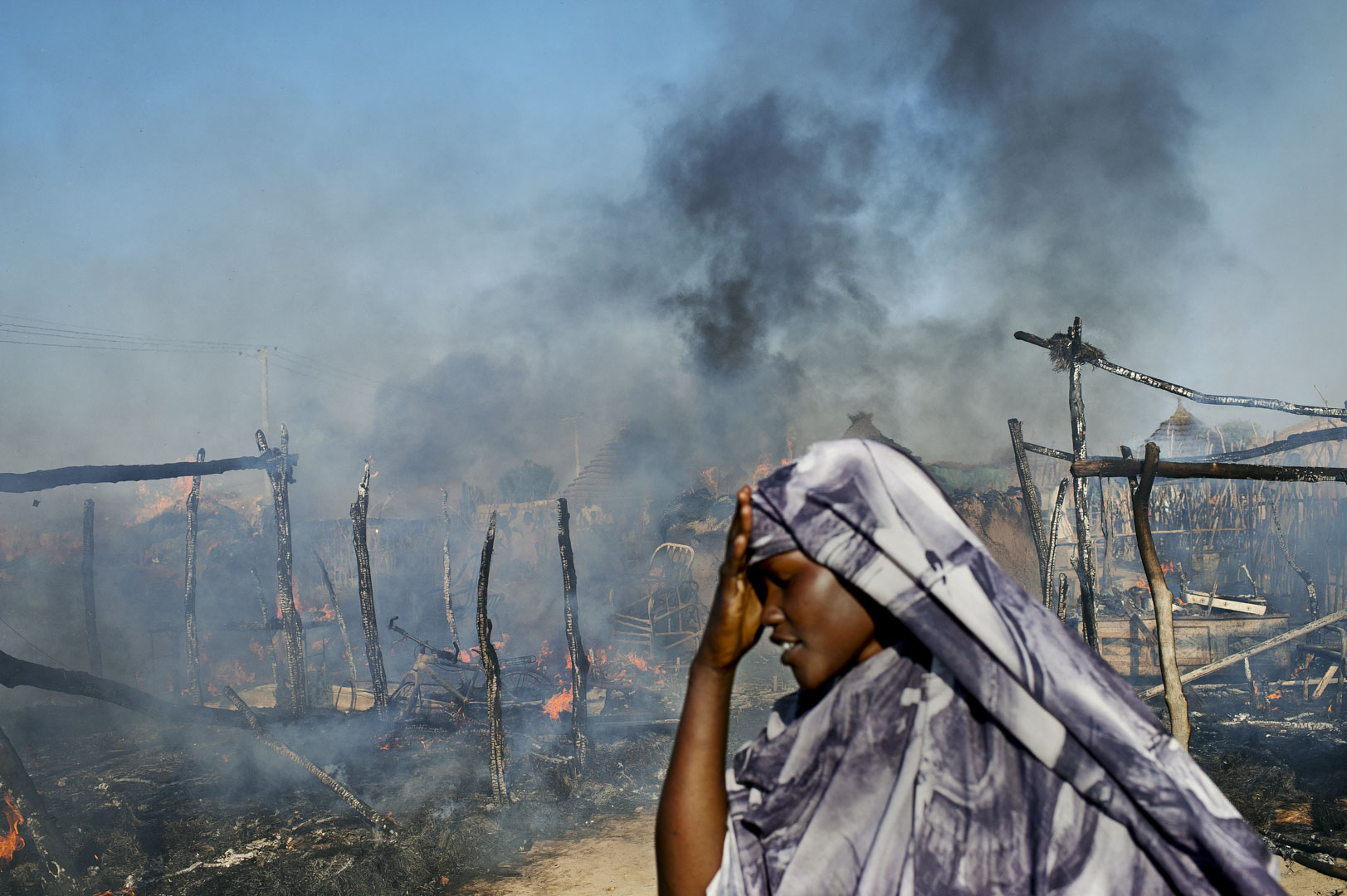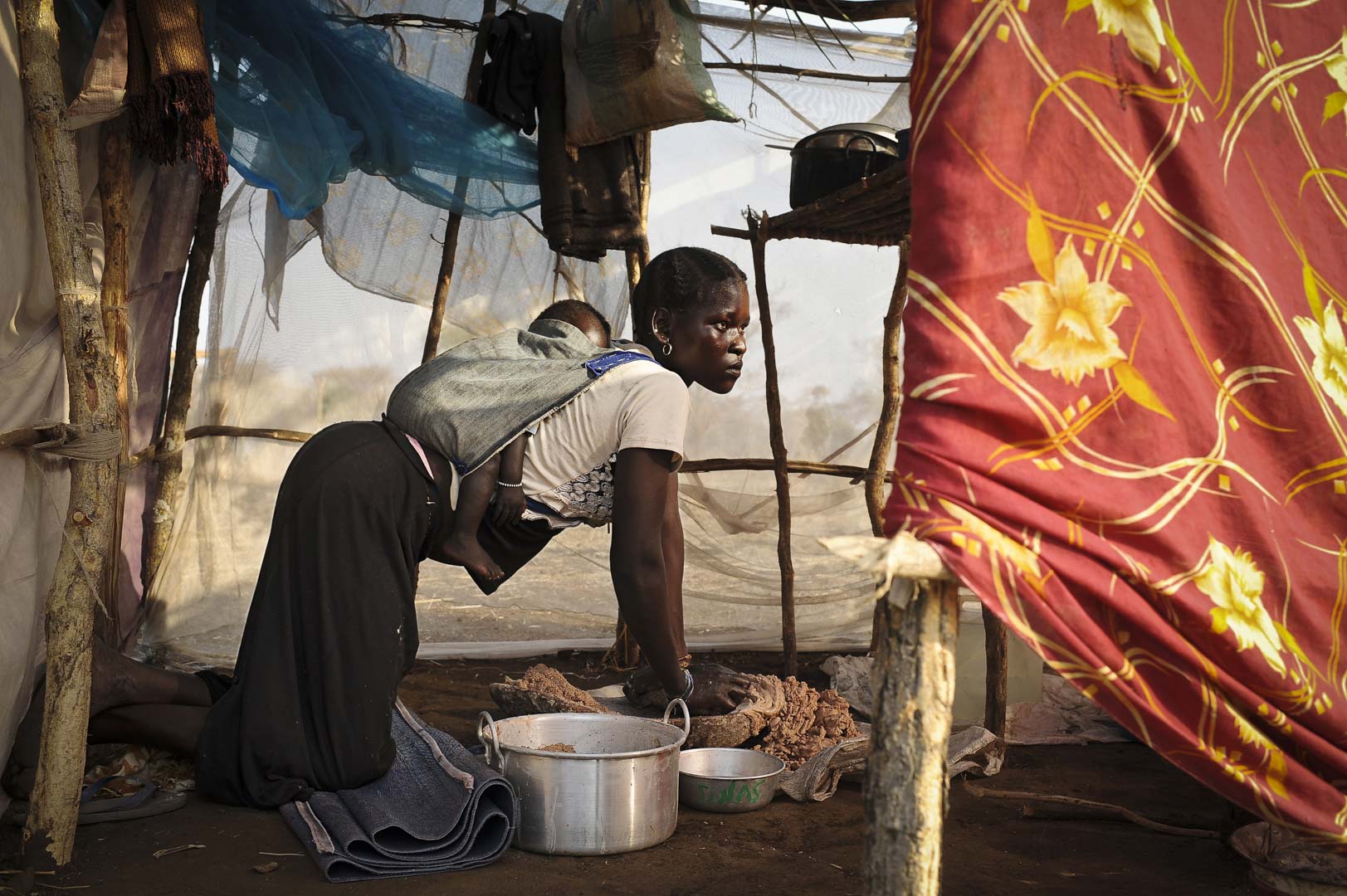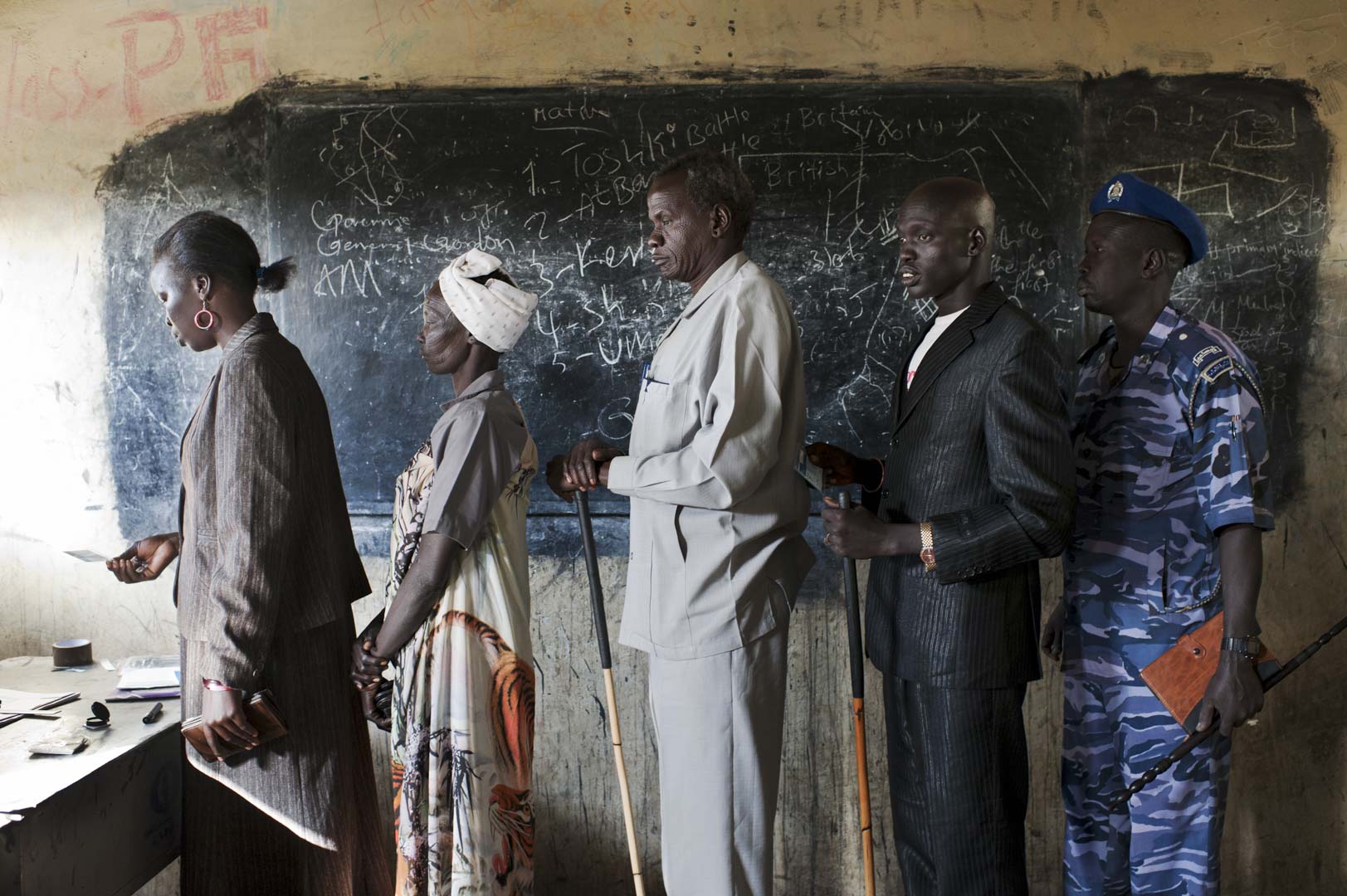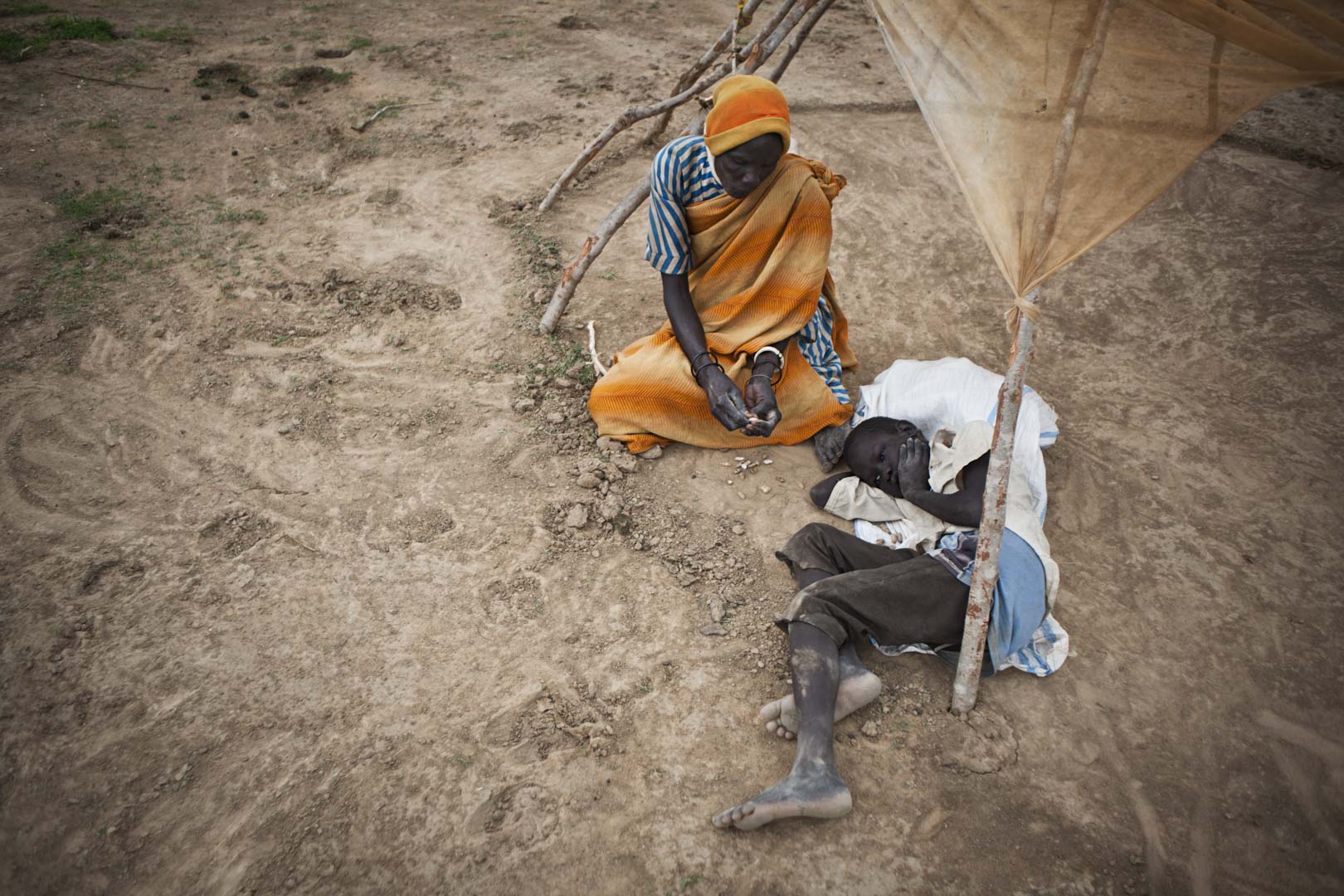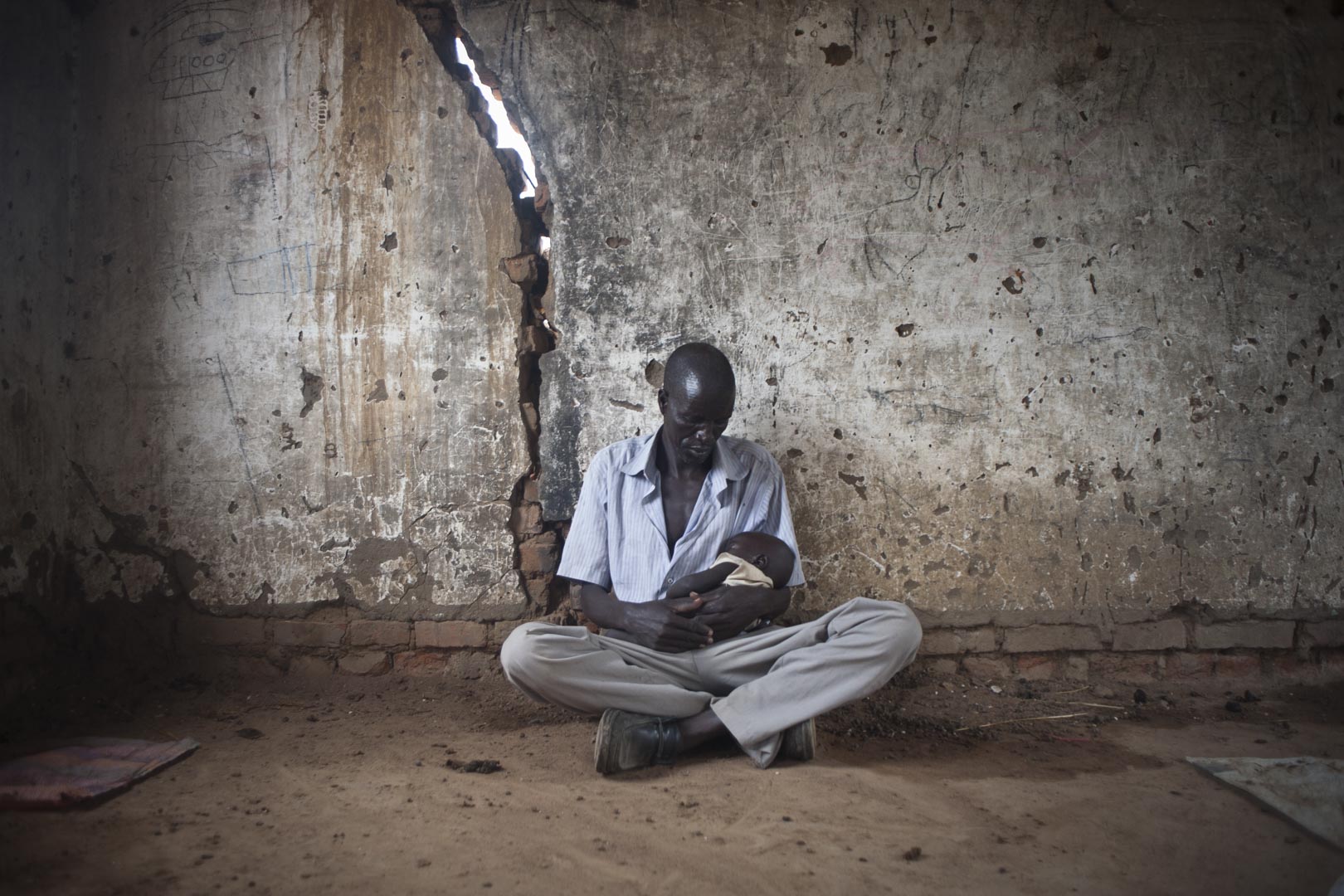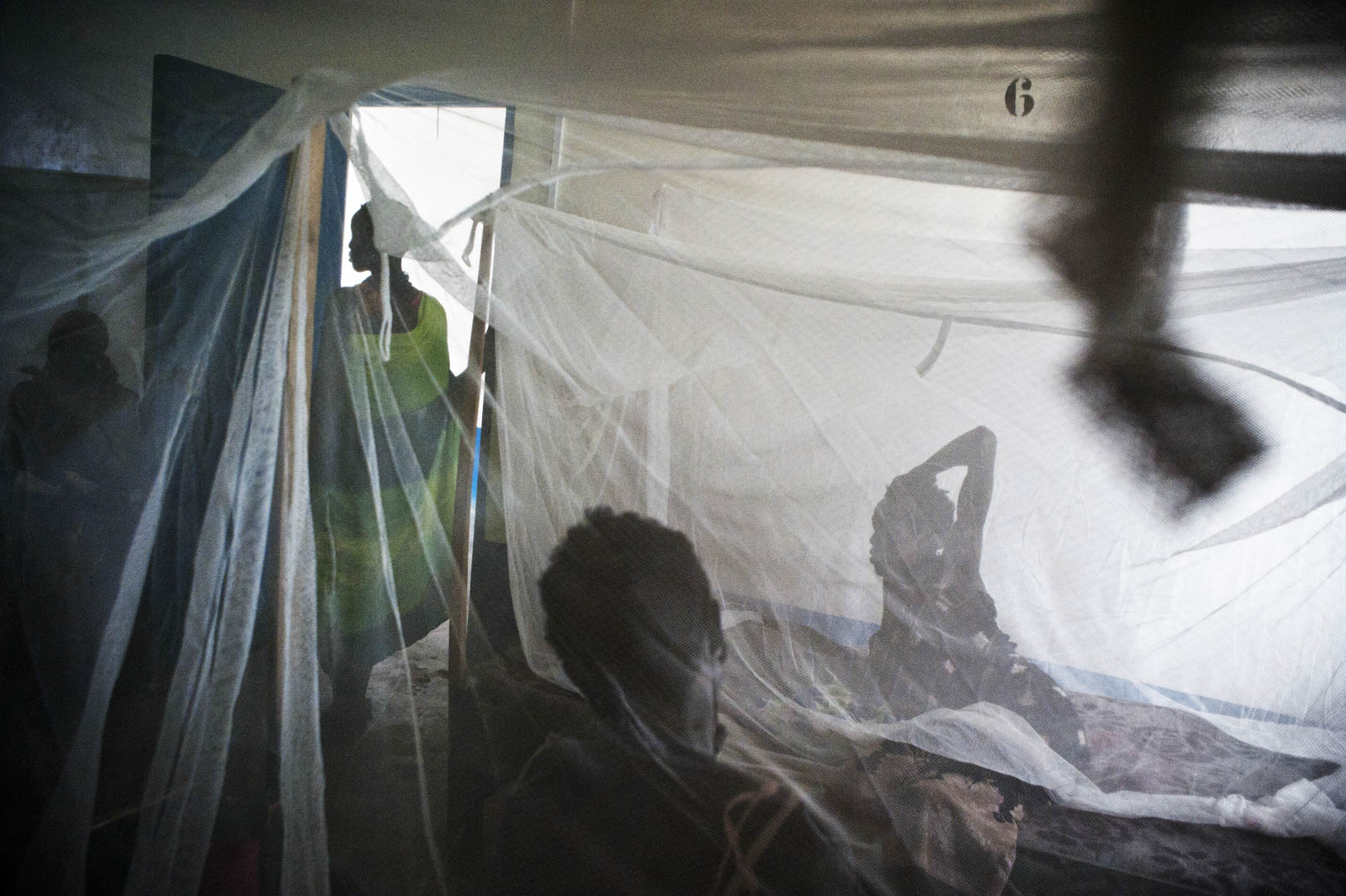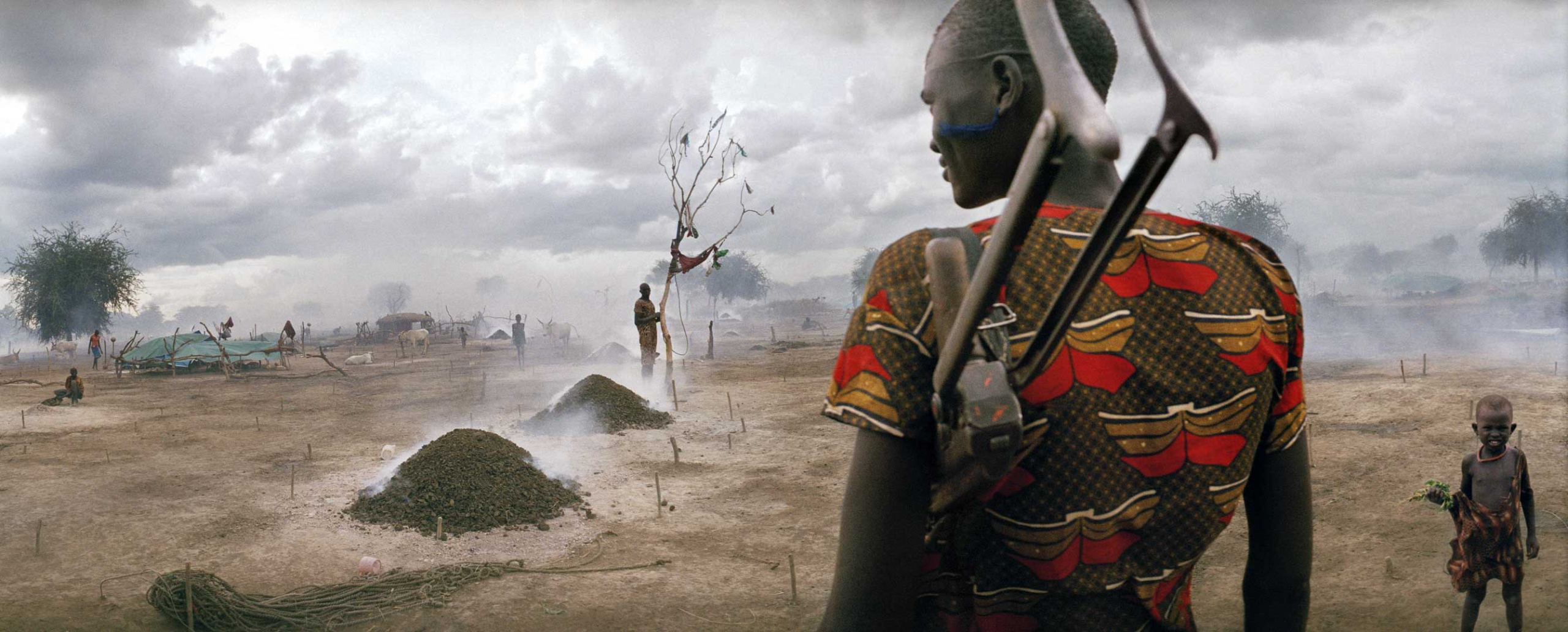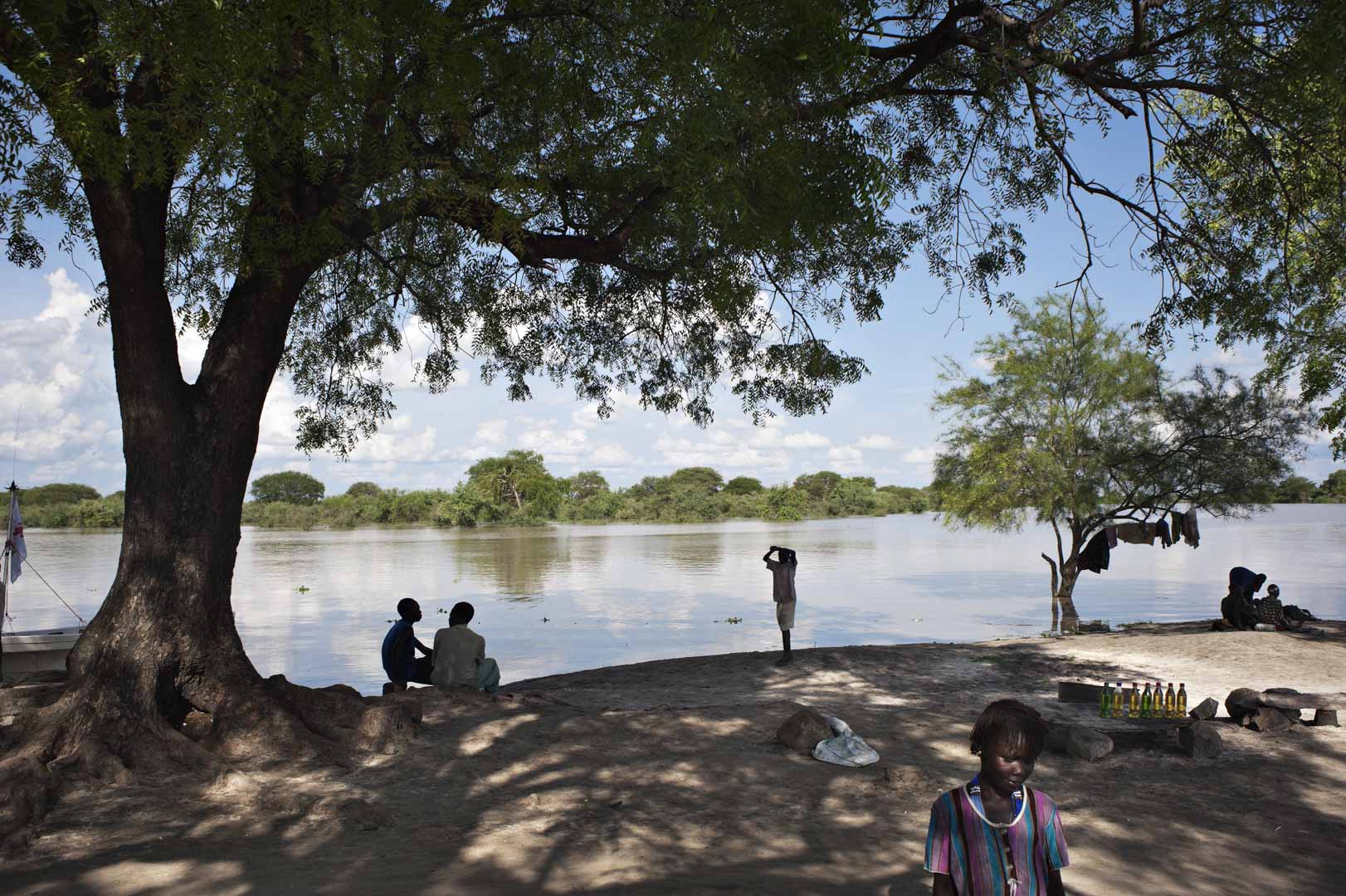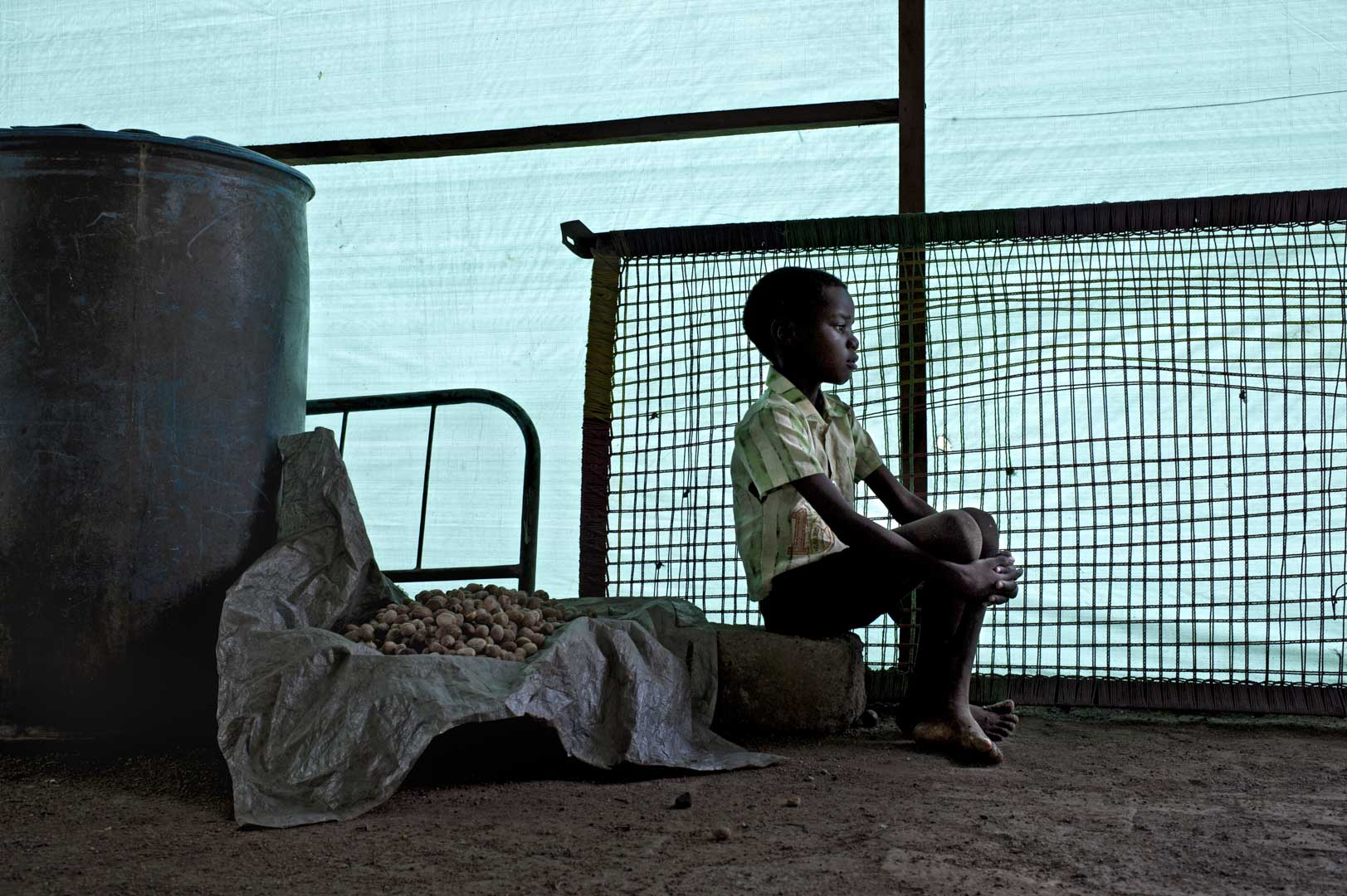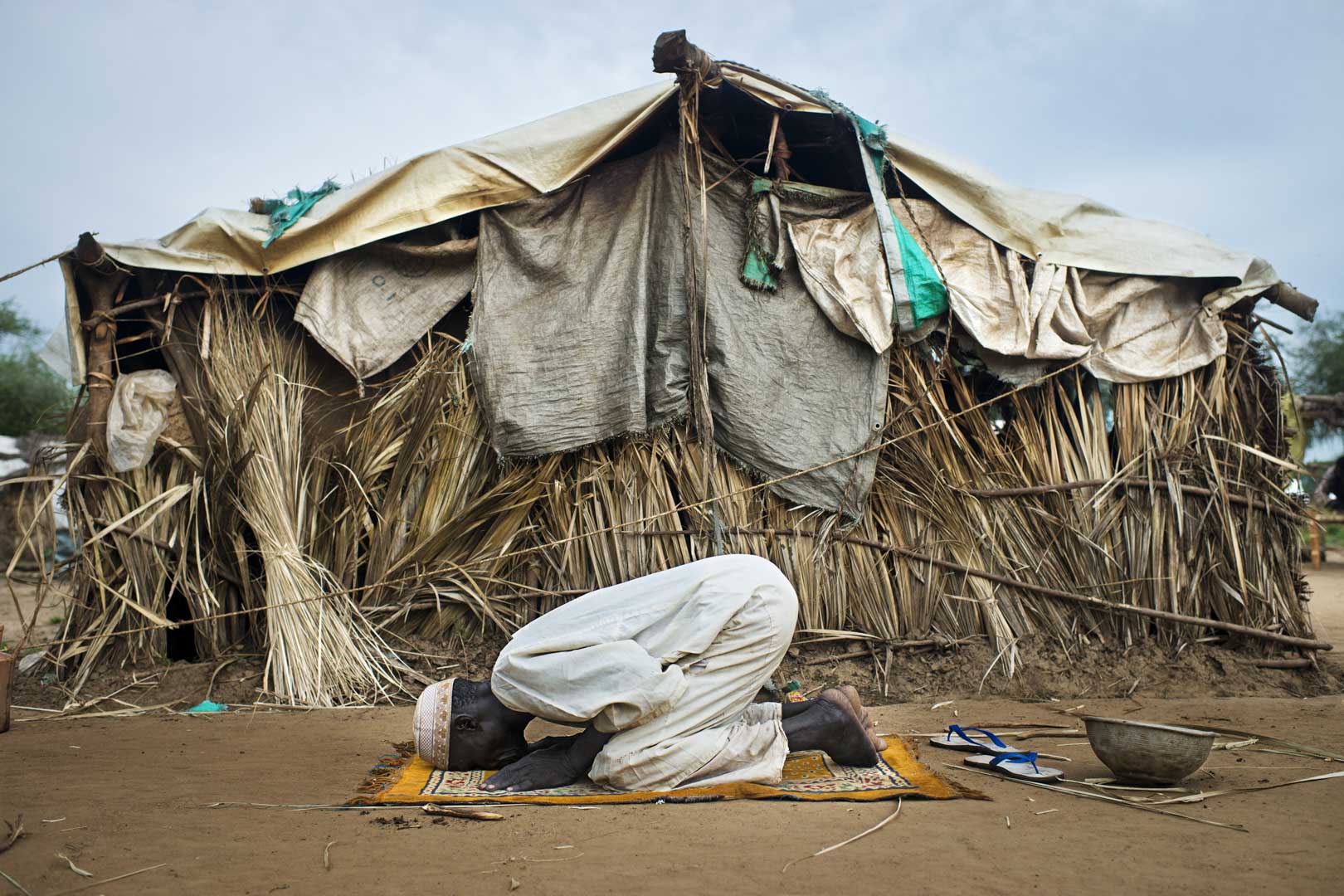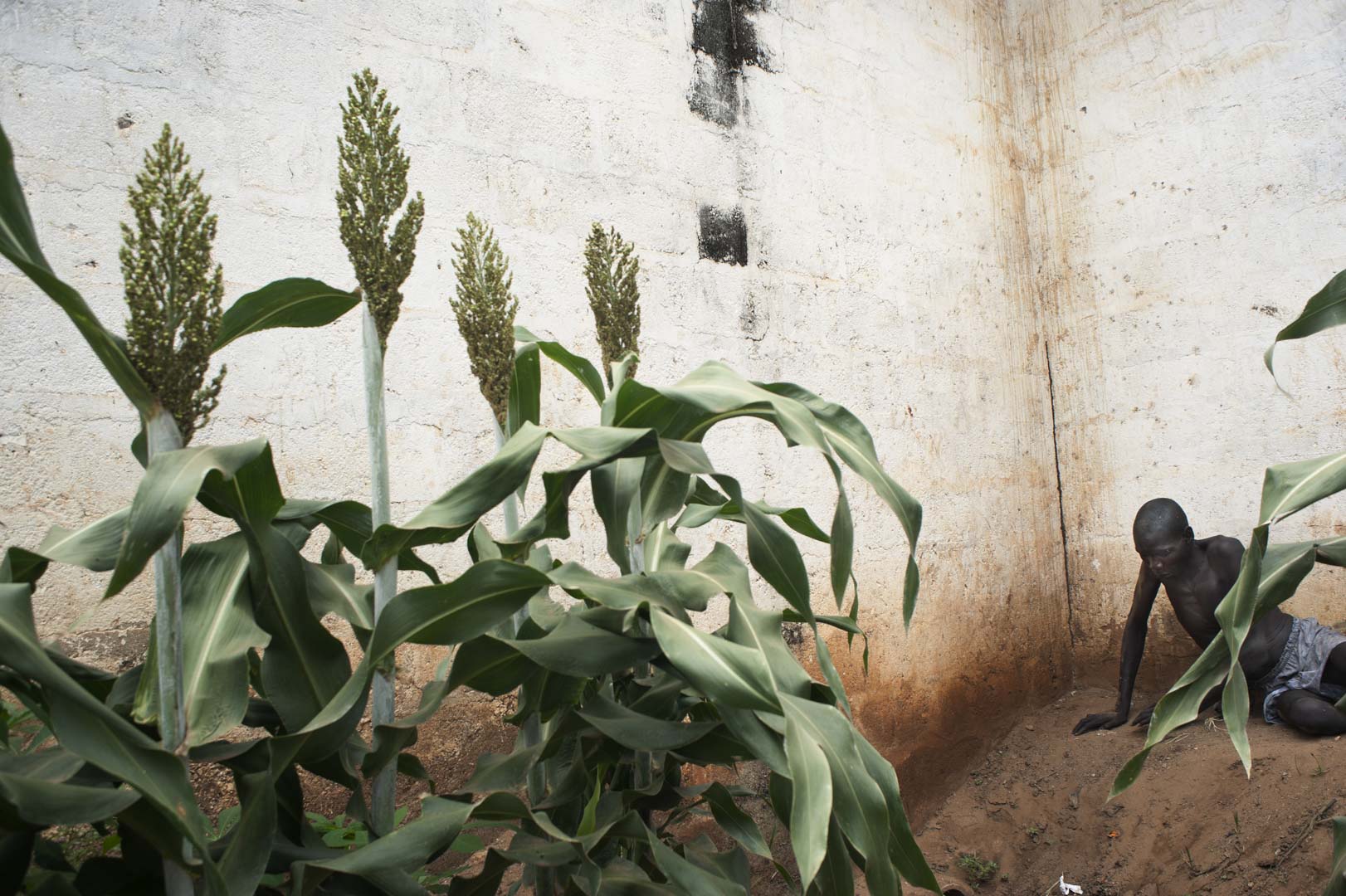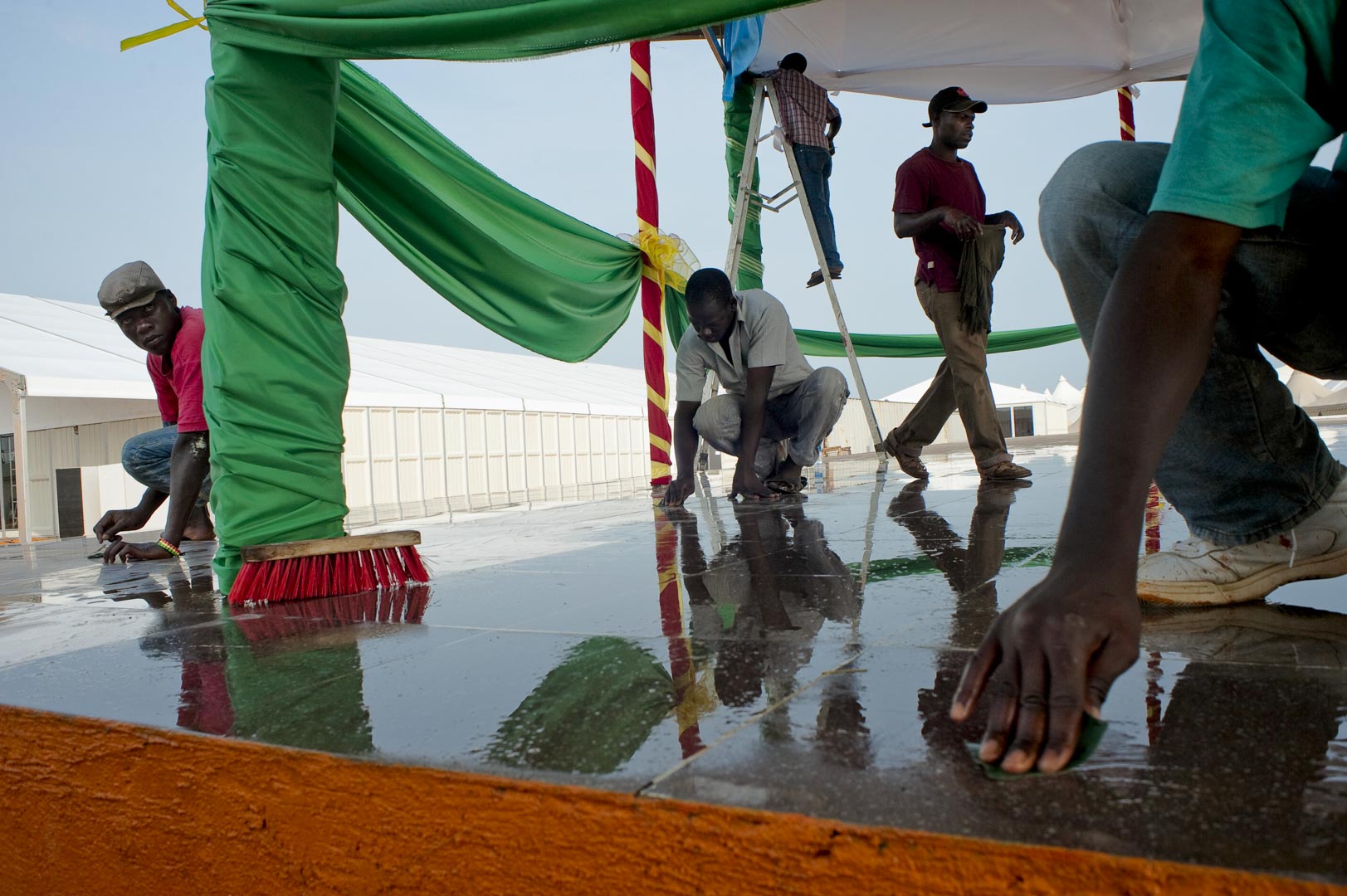Land of Cush, 2010-2012
Sudan, the largest country in Africa, has gone through a significant moment in its history. In January 2005, a peace agreement between North and South Sudan put an end to the longest civil war in Africa, with a death toll estimated at two million. The Final March to Freedom, i.e. the years of change as named by the Sudan People’s Liberation Army (SPLA) from the south, ended with the referendum for self-determination held in January 2011. And now, as of July 9, the date set for independence, the South holds control of 80% of oil reserves in Sudan, yet it is still one of the world’s poorest, least developed countries.
There were doubts, yet the people of Southern Sudan were able to vote at the historic referendum according to plan, and 98% voted for independence from the north. But many local rebel groups have emerged, mostly led by SPLA officers, and some have joined forces to form a coalition. While independence is one thing, power and ethnic roots seem to be even stronger.
The situation today is still much the same as it was throughout the twenty-two years of civil war with chronic malnutrition, three-quarters of the population having no access to primary healthcare, no roads, no water supply, and increasing problems of security. And there are major challenges to be solved, setting borders and dividing up farmland, oil reserves and the waters of the Nile.
Armed forces from the North took control of the town of Abyei, violating peace agreements concluded in 2005, leaving many dead and thousands displaced.
Tension between North and South focused around Abyei, triggered by disagreement between Ngok Dinka people and the Misseriya, the Arab herdsmen who need access to pastureland and the Kiir River which means they have to cross the town with their cattle. When Abyei was taken, it only confirmed the fears of the authorities in Southern Sudan, concerned that different splinter groups of ex-SPLA rebels would stake out a line circling out from Abyei and going up to the border with Ethiopia, cutting off the main oil-producing regions from the rest of the south. Observing the scene from Juba, the strategy which the North is alleged to have is quite obvious.
Since the months, the government in Khartoum has revived the war in the Nuba mountains, bombing northern SPLA forces who fought with those from the South, as well as civilians who, since the division of the country, have, de facto, been made citizens of the North, without the planned democratic consultation, in the bid to maintain fertile land and to destroy any move towards autonomy.
